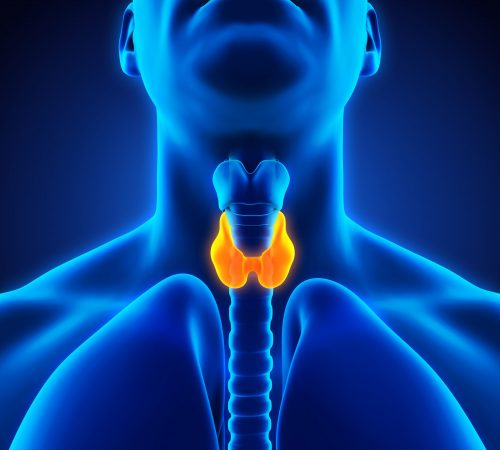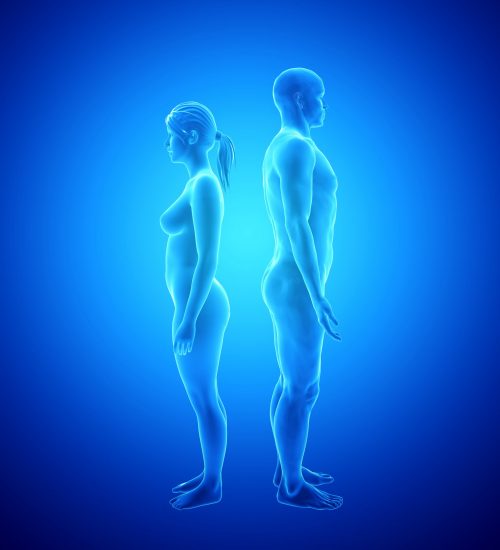TRT – Making Men Happy, Healthy & Horny! Sorry Ladies!

Maybe not the most professional strapline but it’s pretty accurate! Is Testosterone Replacement Therapy the miracle drug all men have been seeking, or is it all too good to be true?
“The results have been truly spectacular! Within 3 months I have more energy, a more positive outlook and a high sex drive. I have started working out at the gym like I used to when younger, I feel terrific and have my life back.”
There’s no doubt about it, having an optimal testosterone makes you feel great. Most of my patients come back at their 3 month review with a renewed enthusiasm for life. Energy levels have increased, libido has increased and the mental fog has lifted. It’s almost like a eureka moment, it’s a pleasure to witness.
I’ve found my niche, I’ve found my raison d’etre. I believe I’ve served my time within the NHS. As a junior doctor I’ve worked 36 hours straight, I’ve gone to work early and left late more times than I care to remember, I’ve worked enough weekends, enough evenings, enough nights, enough bank holidays. I’ve spoken about this before, we now live in a society of ‘entitled takers’, a society where ‘want’ is mistaken for ‘need’.
I look forward to going to work now. My guys are more often than not, well informed, well-motivated and appreciative of the work we do here at The Men’s Health Clinic. Their concerns regarding symptoms of low testosterone have often fallen on deaf ears, be it from their GP or even their Endocrinologist. You can see the relief on their faces that someone will finally listen to their concerns and take them seriously.
Testosterone Replacement Therapy is great! I’m not just saying that, take a look at the testimonial section on the website to see what my guys think of it http://themenshealthclinic.co.uk/testimonials. It’s not just a subjective qualitative improvement either, TRT improves physical health.
We’ve had this discussion before, there is a natural order to life. From a biological standpoint, you are supposed to grow up, achieve sexual maturity, father children and stay healthy long enough for your children to procreate. The circle of life. It might seem like a strange concept, but you’re not supposed to be healthy when you are old! You are supposed to make way for the next generation.
Do you need to accept the overall decline in your health as a natural consequence of aging, or should you do something about it? Is defying the natural order by using Testosterone Replacement Therapy to restore health and vitality therefore ethically correct? Do I really need to answer that? In fact, I won’t even dignify the question with a proper response.
Having a healthy testosterone is pivotal to men’s health. We already know levels drop with age and we’ve discussed the biological rationale behind this. However, there are numerous reasons why levels can prematurely drop and why restoring levels is advantageous to both psychological and physical health.
Hopefully you now understand the rationale behind using Testosterone Replacement Therapy. We use bioidentical hormones to restore health. The biochemical structure of these hormones is identical to that produced by the body, it is as ‘natural’ as can be. That being said, the different esters have different half-lives, the delivery mechanism to the target cells isn’t the same as that of the pathophysiological mechanism of your body. As we’ve discussed before, the hypothalamic–pituitary–gonadal axis (HPG axis) is a delicate negative feedback system that responds to the body’s need for optimal testosterone within the body at the appropriate time. There is diurnal variation in testosterone levels throughout the day.
Testosterone is an anabolic hormone, it best exerts its effects during periods of rest to help facilitate recovery and growth. TRT cannot mirror normal physiological levels and it does not respond to the same cues that occur naturally in your body, but does that really matter? All treatments carry potential risk alongside potential benefit, it’s important to consider these so that you can make a balanced, informed decision about what is best for you.
Potential side effects:-
- Polycythaemia (Increased Concentration of Red Blood Cells) – Testosterone is anabolic, it causes an increase in erythropoiesis within the bone marrow. This can increase the concentration of red blood cells within the plasma. You can look at this as a positive and also a negative. Athletes expose themselves to altitude training for this exact same purpose, more red blood cells means more cells potentially carrying oxygen to the tissues. The downside of this is that too many essentially increases the viscosity of the blood. The slower the blood passes through the blood vessel, the increased chance of a blockage or a clot forming. This tends to be more common with sudden spikes in testosterone levels and less common if there is a steady testosterone level. Symptoms of polycythaemia include headache, weakness, shortness of breath & dizziness. Potential serious complications include strokes and heart attacks. We have a number of guys who have a haemoglobin and haematocrit on the higher end of normal. The simple solution to this is regular blood donation or venesection, with regular blood tests to ensure levels stay within safe parameters.
- Azoospermia (Reduced Fertility) – Exogenous application of testosterone interferes with the hypothalamic–pituitary–gonadal axis (HPG axis), which is a negative feedback system. It essentially tells the hypothalamus that your body has enough testosterone and not to release Follicle Stimulating Hormone (FSH) & Lutenising Hormone (LH) from the pituitary gland. FSH is the primary hormone for stimulating the testes to produce sperm, however LH, whose primary role is testosterone production, appears to also be involved in spermatogenesis. This can decrease sperm production which would obviously affect fertility. A hormone called Human Chorionic Gonadotrophin (HCG), which is produced by the placenta in pregnant females, has been found to mimic LH and has been used to help preserve fertility in men receiving TRT.
- Oestrogen Excess – Oestrogen is produced as a bi-product of testosterone metabolism. Oestrogen in men is needed for bone density, skin health, cognitive function, healthy lipid profile, libido and hair health. It is common to have a low oestrogen with low testosterone, and conversely a high oestrogen with high testosterone. Excess oestrogen can cause gynaecomastia, commonly referred to as ‘man boobs’ or ‘bitch tits’. Other symptoms include softer erections and water retention with night sweats. Again, having a steady state testosterone minimises the risk of oestrogen excess, and it appears to be the testosterone to oestrodiol ratio that is more important than simply an excess of oestrogen. Some people are more prone to side effects than others and it may be worth considering a different ester or regime if you experience these side effects. There is a drug called Anastrozole, a drug traditionally used in treating females with breast cancer, that can be used to prevent aromatisation of testosterone to its metabolites. Long term use has been associated with increased insulin resistance, therefore its use should ideally be as a temporary measure until a more suitable treatment plan is established.
- Dihydrotestosterone Excess – DHT is another bi-product of testosterone metabolism, it is essential for development of your secondary sexual characteristics. One side effect of excess DHT is acne as it also increases sebum production within the sebaceous glands of the skin. There are many ways of managing acne, such as zinc supplementation, anti-acne creams and sunlight exposure. Some patients on TRT have historically used Roaccutane to treat their acne, however this is extreme in my opinion as it is a rather toxic drug. It is better to consider a reduction in testosterone dose, rather than adding in an artificial, potentially toxic drug! An excess of DHT can also worsen male pattern baldness in those who are susceptible. Treatments include Minoxidil foam and ketoconazole shampoo. I’m not an advocate of medications such as Propecia (Finasteride) which prevent the conversion of testosterone to DHT, as they often have troublesome side effects such as sexual dysfunction. Much better to accept one’s fate and shave it off in my opinion!
“Grow beard = 10% increase in squat. Shave head = 10% increase in squat. Do both = 25% increase.”
- Testicular Shrinkage – Administration of exogenous testosterone essentially tells the body to stop producing FSH & LH. The testes effectively become redundant and shrink! Use of HCG can help minimise this. Whilst it might only seem an aesthetic concern, HCG is also used to preserve testicular function, which includes sperm production and increased libido through androgen production. Whilst not essential, it makes no sense shutting off testicular function from a pathophysiological perspective. I would always recommend HCG as part of your TRT protocol, whatever TRT option you finally decide on.
Side effects tend to be transitory until we establish what type of treatment and what regime is best for you. It isn’t a one size fits all scenario, there are pros and cons to each treatment modality. It is very rare for a patient to come into clinic and want to change treatments. So rest assured, whatever treatment you choose, you will be happy with the outcome, even if there is a little tinkering involved into establishing what is the best treatment option for you.
We all have the right to be ‘Happy, healthy & horny!’
Dr. Robert D Stevens MBChB MRCGP Dip.FIPT


